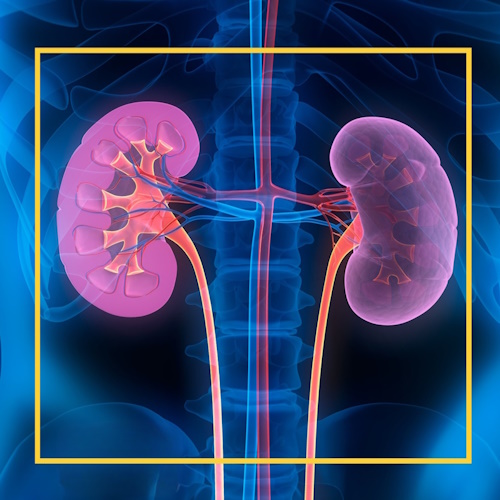Key points from article :
A new study published in The Lancet Diabetes and Endocrinology reveals that GLP-1 receptor agonists—drugs originally developed to treat diabetes—may also protect against kidney deterioration and failure. The research, led by Professor Sunil Badve of The George Institute for Global Health, analysed data from 11 large-scale clinical trials involving over 85,000 participants. The results showed a 19% combined reduction in risks of kidney failure, worsening kidney function, and death due to kidney disease, regardless of whether patients had diabetes.
GLP-1 receptor agonists, such as semaglutide (Ozempic/Wegovy), dulaglutide (Trulicity), and liraglutide (Victoza), work by mimicking a hormone that lowers blood sugar levels and improves appetite regulation. Beyond their role in managing diabetes and obesity, the drugs were found to reduce kidney failure risk by 16%, worsening kidney function by 22%, and cardiovascular complications by 14%. These findings are especially significant for patients with chronic kidney disease (CKD), a progressive condition linked to high rates of cardiovascular death and substantial healthcare costs.
The study’s senior author, Professor Vlado Perkovic, emphasized the potential impact on global health, noting that the results could reshape clinical guidelines for managing CKD and cardiovascular disease in both diabetic and non-diabetic patients. While the findings underscore the broad therapeutic potential of GLP-1 receptor agonists, further work is needed to translate these benefits into clinical practice and improve patient access to these medications.








